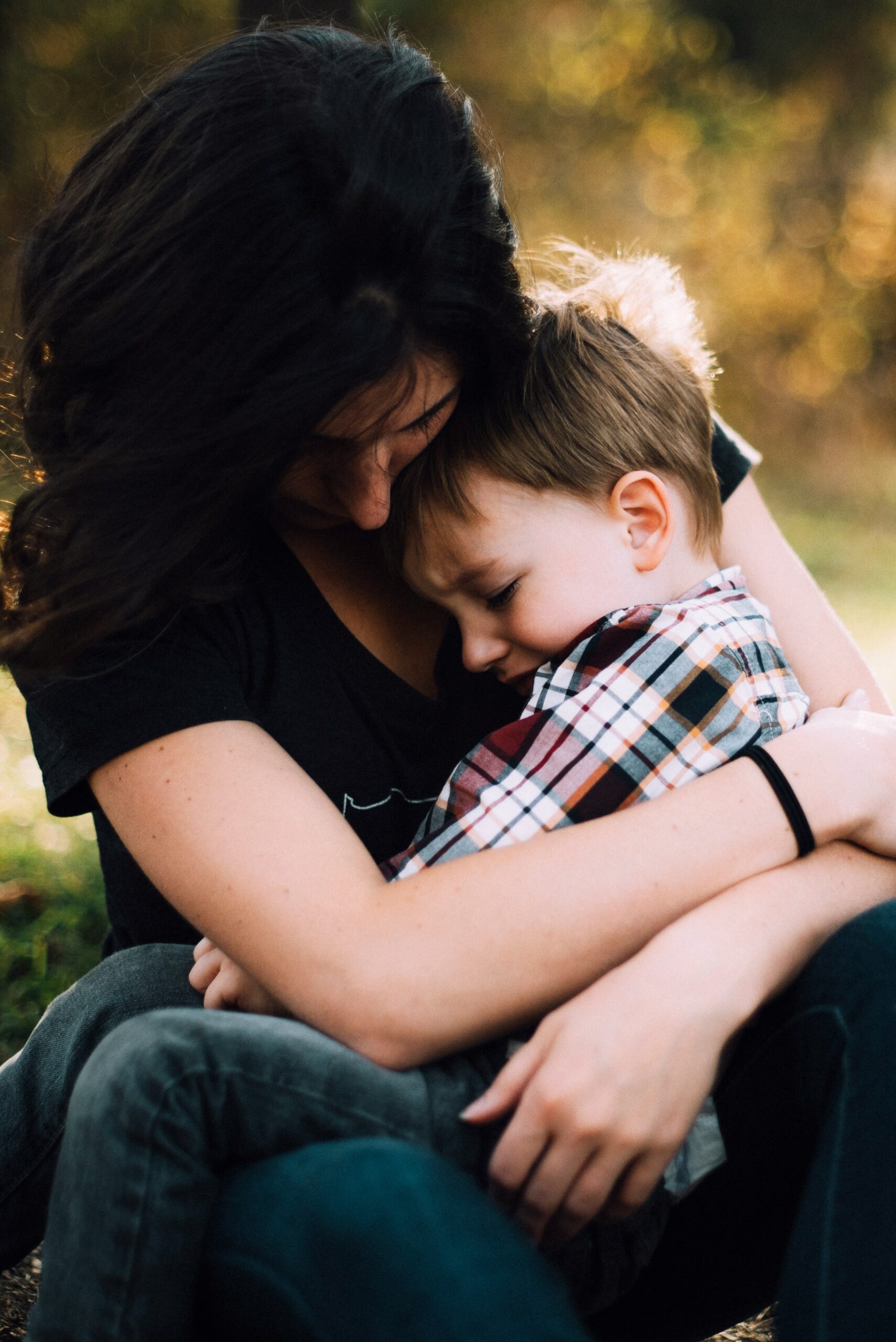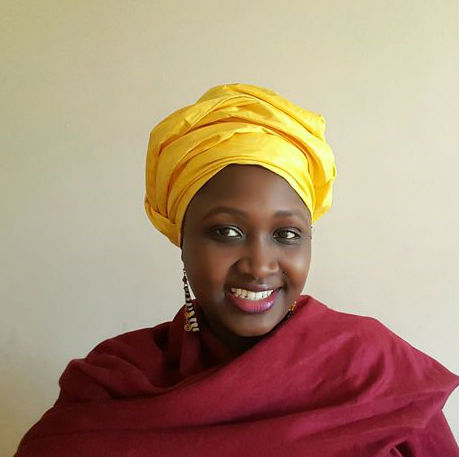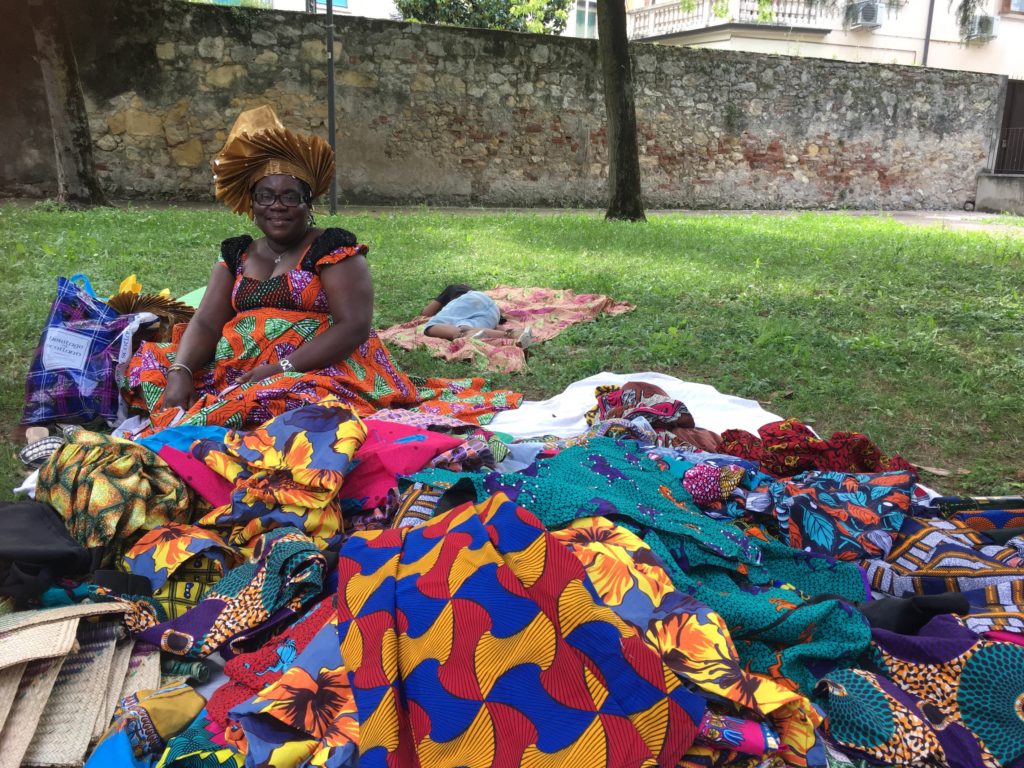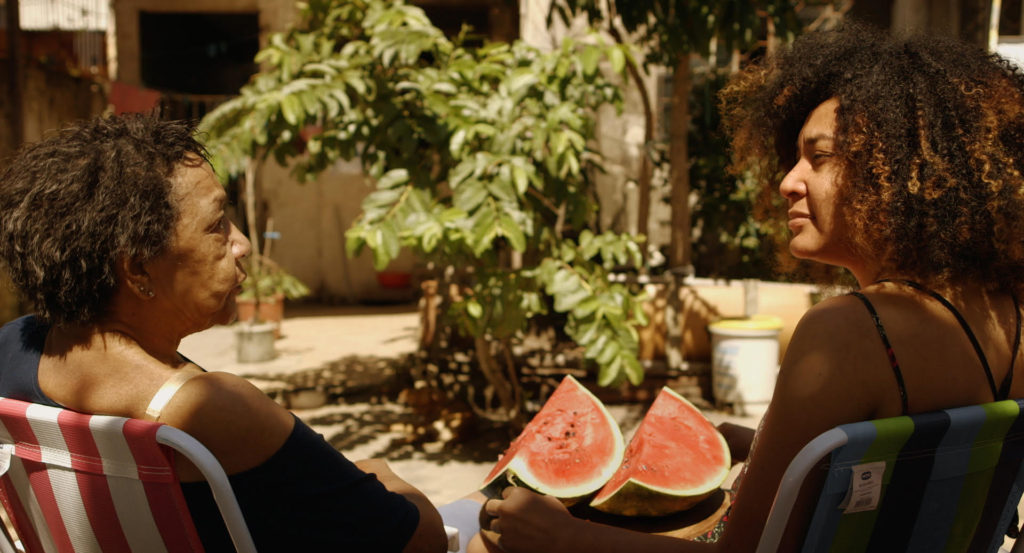In a tough situation, migrant moms escaping domestic violence now face international child abduction charges. In this special feature, journalist Ana Dutra Tagliati shares their courageous stories, addressing the challenges of abuse and a complex international legal fight.
Words by Ana Dutra Tagliati/Image by Eye For Ebony at @Unsplash
Every year, thousands of immigrant mothers suffer violence from their partners, resulting in them running away with their children to their home country, hoping to protect themselves and their children. However, it is not long before they are served to attend a hearing for a court case of international abduction of children filed by the father.
These specific cases need to be solved within six weeks, as per international law, and they decide whether the children should return (or not) to the country they were taken from. However, it is uncertain how a judge will rule when the situation involves domestic violence against the mother, which makes it even more difficult for the development of the case.
It sounds like an unthinkable story, but it’s the reality of many mothers worldwide.

Susie* was living in Spain when she met Mark*, both from the UK, and everything seemed like a fairytale until the aggression started.
After a long time of psychological and physical abuse, Susie found out she was pregnant, and everything suddenly improved; Mark was thrilled to have the baby. However, the happiness that seemed a promising start to a new family turned into a nightmare that led Susie to flee with Grace* back to her home country, the UK, and never return to Spain.
As the relief of being away and protected from the abuser at her parent’s house was just starting to settle, Susie received a letter communicating she had been served for the abduction of her daughter against Mark’s permission.
This type of case isn’t all that unusual. According to “Revibra”, an organisation that helps migrant women (with a focus on Brazilian women) in Europe who are suffering from domestic violence and discrimination, many mothers flee with their children to their home country without the father’s consent to escape domestic violence. When this happens, the left-behind parent usually takes legal matters for the child’s return. That’s when the use of The Hague Convention on the Civil Aspects of International Child Abduction takes place.

Unveiling the International Battle to Protect Migrant Women Fleeing Abuse
Head of the Children Department at Dawson Cornwell, a family law firm established in 1972 based in London, Carolina Marín Pedreño explained how The Hague Convention works when meeting a domestic violence situation:
“The Convention allows very exceptional defences where a child should not be returned by the Court. One of those defences is if there is a ‘grave risk’ that the child would be placed in an intolerable situation, as stated by Article 13(1)(b) of the Convention.
“The difficulty for mothers to understand this is because they think ‘if I’m a victim of abuse, consequently my child is a victim of abuse’, and they don’t understand that ‘grave risk’ is ‘future risk’, so the Court needs to consider whether there is a risk in the future return.
“Maybe the mother has been a victim of domestic abuse, but if the Court is satisfied that she’s going to be protected in the other country by measures that the applicant (the father) offers to the Court or if the country has its remedies to protect her, as a victim of abuse, and the child, they need to comply with the Convention and return the child.
“If the level of abuse is so grave that the other parent has no compliance in the other country, that would be sufficient for the judge to realise that no protective measures would be, even if they are in place, sufficient to protect that child.”
“If the level of abuse is so grave that the other parent has no compliance in the other country, that would be sufficient for the judge to realise that no protective measures would be, even if they are in place, sufficient to protect that child.”
However, for this to happen, the abuse needs to be ‘evidential’, proved through documents, which can be an obstacle in the process, as sometimes psychological abuse is hard to prove. According to Carolina, although WhatsApp messages are a good resource to prove the abuse, it’s still hard to make a point of the ‘evidential abuse’.

Juliana Wahlgren, Founder and Director of “Revibra”, explained that the decision to flee is never a mother’s first option:
“In many cases, it’s the last resort in a process of protection that wasn’t guaranteed.
“In our experience, the people who decide to return or leave Europe are in a process of desperation and frustration of lack of safeguard in the country where they lived.”
This occurred in Susie’s case. She filed a domestic violence case against Mark in Spain and even a custody case, aiming to stay in Spain and co-parent Grace with Mark. However, she lost the domestic violence case, as the judge did not accept her evidence.
From then on, Mark became fearless, and feeling like the law was on his side, he started threatening and stalking Susie. After the constant intimidation, his neglect of Grace’s autism diagnosis and his decision to request Grace’s full custody, Susie was scared for her and her daughter.
Susie says that the times Grace would come back from Mark’s house, she would be tired, hungry and taken care of by other people who weren’t her father. They couldn’t agree on a nursery, and she felt as if the government failed her and her daughter’s protection.
That’s when she decided to take matters into her own hands and return to the UK with Grace to her parents’ house in England. After being served by the court, she contacted Carolina, who took Susie’s case pro bono and started her defence to ensure she and Grace could remain in the UK.
Although they had left the toxic environment surrounding Mark, the process wasn’t a ‘smooth sail’ or straightforward.

How Unfair Custody Battles Deepen the Pain for Mothers Affected by PTSD
It’s important to understand that the goal of this type of court case is to return the child to the country of their permanent residence. The judge will analyse whether it’s safe for the child to return to the country, creating space for the parties to negotiate a safe return of the child with the mother, guaranteeing relevant supportive measures that will certify the child’s safety and quality of life upon their return.
One of the measures is for the father to have funds for rent and deposit for the stay of the mother and the child, for example. Regarding the measure, Carolina explains:
“If the conditions set are not met by the father in advance of the return of the child, the Court could consider a non-return order.
“Normally, they respect the orders and, before leaving, put in touch with a lawyer in the country so they’re protected with legal advice and representation if needed.
“It’s the work of lawyers of both countries to make sure the decision of one country will apply the measures in the other country.”
However, it’s not as simple as establishing what measures to take place for the return, as many mothers are suffering from post-traumatic stress disorder (PTSD) at that point, which can affect their mental health and, consequently, their children.
In many cases of PTSD, the mothers seek a psychiatric assessment in court, even with the measures in place and, according to Carolina, sometimes, the reports say that returning to the country would be intolerable for the parent and their child.

For Susie, after a judge decided in Mark’s favour and she read the statements about her supposed carelessness with Grace, she came to a breaking point. Her PTSD took hold, and in a moment of panic, Susie tried to overdose on medication. She believed her parents would have a better chance of keeping Grace than her.
After a couple of hours, she regained strength from her love for her daughter and rushed to the hospital. The next day, Susie had another court hearing for the case, and after the judge also decided in Mark’s favour, Susie’s mother told Carolina what had happened the previous night.
Although Susie was frozen and broken-hearted by the events, her case fit in the ‘great risk of harm’ exception, and Carolina was able to appeal for the court to have another hearing.
For this hearing, Susie was put on the stand to be cross-examined on her evidence of abuse and the effect on her. This allowed the judge to see her emotional state and her PTSD.
The case ended up reaching the High Court in London, and after a forensic psychiatrist’s assessment, there was a turnaround in Susie’s favour. With the ‘great risk of harm’ exception in place and the fact that Mark only offered two weeks of accommodation for Susie and Grace as measures for their return, the parties ended up settling.
Although Susie had grounds to win, the fact that the parties went for a settlement meant that Mark couldn’t ask for a retrial of the case.
Despite everything turning in Susie’s favour, it wasn’t necessarily a relief for her. She had been through a very traumatic process to ensure her and her daughter’s safety, which she sees as a silver lining:
“It didn’t feel like a win. It was a relief, but it was painful because we hadn’t won anything; I had PTSD, I had no future, didn’t have any friends left in the UK… but we were safe.”
Although the cases of international abduction of children envision protecting the child, there is a great debate on what is classified as a ‘grave risk’ and what is the limit a mother has to reach to be protected from their abusers.

According to Juliana Wahlgren, Revibra’s report revealed that amongst the 300 cases they have had in the past three years, 98% had proved domestic violence. However, sometimes the proof isn’t enough, or the violence is only against the woman, which the Brazilian judge wouldn’t extend to the family.
Nonetheless, this is not the only challenge when facing an international scenario:
“Not every type of domestic violence is considered domestic violence in every country.
“For example, administrative violence isn’t considered domestic violence in the UK, whilst in Brazil, it is a type of protected violence.
“There are these small nuances that make it difficult to interpret what happens before the return and the risk that would take place.”
Although some types of domestic violence are more well-known, such as psychological, physical and financial, administrative violence is the one in which the abuser has control over documents, bank accounts, rent and visas, leaving the abused without the means to gain independence.
About the interpretation of Article 13(1)(b) and the meaning of ‘grave risk, ‘ Juliana points out: “What we see is the willingness to enlarge the understanding of the scope of Article 13(1)(b).
“However, it’s been over twelve years that this has been discussed in the Conference, and there’s a movement that is mostly against the understanding to release the Article than to modernise the article that could provide more protection to women.”
*The names have been changed to preserve the identity of those involved.
If you are experiencing any abuse or if you need advice on the context of international abduction of children, contact your local or national helpline.
UK Government – 0808 200 0247
Victim Support – 0808 1689 111
Reunite – 0116 255 6234

Ana Dutra Tagliati is a former lawyer turned journalist with a Master’s Degree from Edinburgh Napier University. She hosts and produces her weekly podcast, ‘The Brazilian Point of View’, and loves reading and writing in her spare time.



